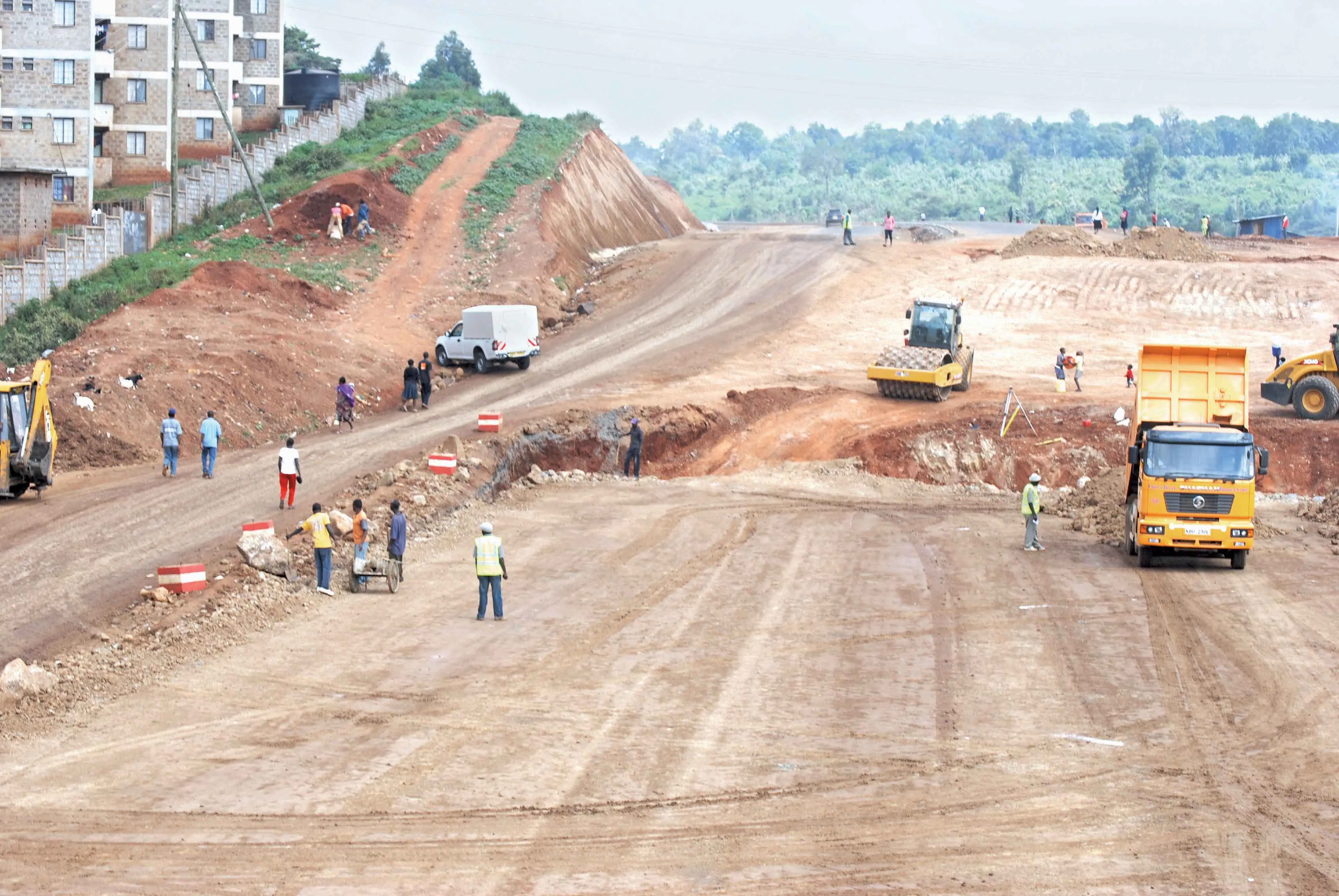Jacobs Engineering Group has won the contract to upgrade Scotland’s A9 highway which runs from central Scotland to the far north coast, converting the route into a dual carriageway between Perth and Inverness, one of the busiest sections of the route. Jacobs said that the deal will be “one of the largest road infrastructure projects in Scotland’s history.”
This is the second of three design contracts awarded for the project; and it covers 44km of the route including 3km of existing dual carriageway betwee
October 3, 2014
Read time: 2 mins
This is the second of three design contracts awarded for the project; and it covers 44km of the route including 3km of existing dual carriageway between the Pass of Birnam and Glen Garry. The Scottish Government estimates the value for each of the three contracts to be £40m to £60m (US$60m to $100m) and the overall construction value for the full 180km-long scheme (of which 124km requires dualling) is estimated at £3 billion ($5 billion).
Under the terms of the contract, Jacobs’ scope of services includes engineering design; statutory procedures; procurement and construction supervision; environmental impact assessment; data management; as well as landowner consultation, and stakeholder and community engagement.
Design principles for the A9 program were developed through the preliminary engineering services commission awarded to Jacobs in September 2012. The project encompasses key features such as crossings over the River Tay, and roadway that runs through National Scenic Areas: the Cairngorm National Park and the Killiecrankie Battlefield.
The entire A9 upgrade scheme is scheduled for completion by 2025.







